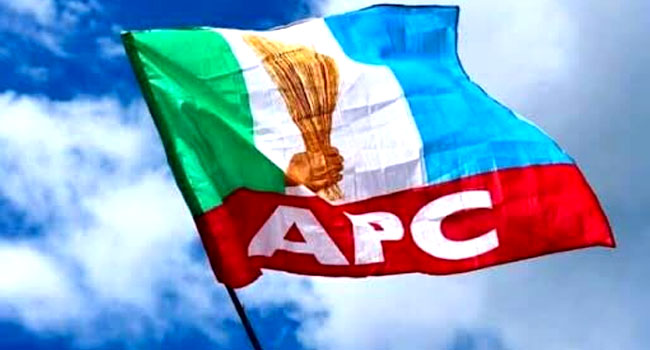… Other States borrow additional N417bn
Edo State has recorded a significant quarter-on-quarter reduction in its domestic debt stock, even as at least nine other Nigerian states collectively increased their domestic borrowings by N417.7bn year-on-year, despite enjoying higher revenue allocations from the Federation Account Allocation Committee (FAAC).
A review of the Debt Management Office’s quarterly reports on sub-national debt shows that while Rivers, Enugu, Niger, Taraba, Bauchi, Benue, Gombe, Kwara, and Nasarawa all raised their combined debt from N884.9bn in Q1 2024 to N1.30tn in Q1 2025, Edo stood out for sharply cutting its debt by over N30bn within three months.
Edo, which owed N113bn in Q4 2024, reduced its debt stock to N82.40bn by Q1 2025—a 27.1 per cent quarter-on-quarter decline—reflecting repayment efforts or more prudent debt management.
Year-on-year, however, Edo’s debt increased from N72.38bn in Q1 2024 to N82.40bn, a rise of N10.02bn or 13.8 per cent.
The data indicates that other states did not follow Edo’s path of debt moderation. Rivers State maintained the highest domestic debt among the ten, standing at N364.39bn in Q1 2025, unchanged from the previous quarter but representing a year-on-year surge of 56.7 per cent.
Enugu State’s domestic debt more than doubled, rising by 128.4 per cent from N82.48bn to N188.42bn within a year, and it also recorded the sharpest quarterly increase among the states reviewed, adding N69.14bn between Q4 2024 and Q1 2025.
Similarly, Niger, Taraba, Bauchi, Benue, and Gombe recorded significant year-on-year increases, with Taraba’s debt soaring by 154.1 percent, the steepest percentage rise among the ten.
While Gombe also managed a quarter-on-quarter reduction of N5.58bn, the overall trend shows growing sub-national indebtedness despite improved revenue inflows from FAAC, driven by higher oil prices, naira devaluation gains, and funds freed up from the petrol subsidy removal.
The combined N1.30tn debt of these 10 states accounted for 33.67 per cent of the total N3.87tn domestic debt of all 36 states and the FCT as of Q1 2025, compared to 21.8 per cent in Q1 2024.
This concentration of debt in a few states has raised concerns about fiscal discipline at the sub-national level.
Experts have warned that the failure to reduce debt during times of high revenue could threaten fiscal sustainability in the future, especially if revenue inflows decline or interest rates rise.
Seven states, including Bayelsa, Adamawa, Benue, Niger, Kogi, Taraba, and Bauchi, spent an average of 190 per cent of their Internally Generated Revenue (IGR) on debt servicing in Q1 2025, highlighting the growing burden of debt repayments on states’ finances.
According to macroeconomic experts, urgent reforms are needed to boost states’ IGR and improve debt management practices.
They stressed that states must identify sectors with competitive advantages, improve the business environment, and explore revenue bonds instead of relying excessively on general obligation bonds.


